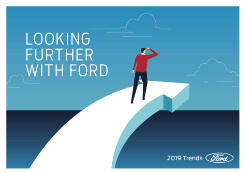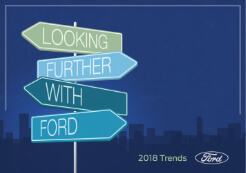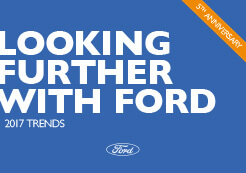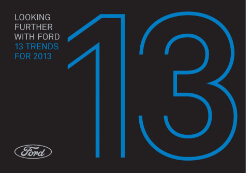The results for Ford Trends 2021 are based on 13,005 online interviews across 14 countries, conducted under the direction of The Harris Poll. The survey was conducted among the general population, ages 18 years and older in the following countries: Australia, Brazil, Canada, China, France, Germany, India, Italy, Mexico, Saudi Arabia, Spain, United Arab Emirates, the United Kingdom and the United States. Respondents from Saudi Arabia and United Arab Emirates were required to be nationals of their respective countries; data from these two countries were combined and analyzed in aggregate. All fieldwork took place between October 27 and November 12, 2020. While the data within countries were weighted to be representative, the overall sample of 13,005 was not weighted across countries. That is, we do not claim that aggregated data is representative based on country population sizes across the participating countries.
| Region | Country | Sample Size |
| Australia | 1,001 |
| Brazil | 1,000 |
| Canada | 1,000 |
| China | 1,000 |
| France | 1,000 |
| Germany | 1,001 |
| India | 1,000 |
| Italy | 1,000 |
| Mexico | 1,000 |
| Spain | 1,000 |
| Middle East | Saudi Arabia | 501 |
| Middle East | UAE | 502 |
| UK | 1,000 |
| USA | 1,000 |
| Total | 13,005 |
We have defined generational cohorts as follows: Gen Z (18-23), Millennials (24-39), Gen X (40-55), Boomers (56-74).









